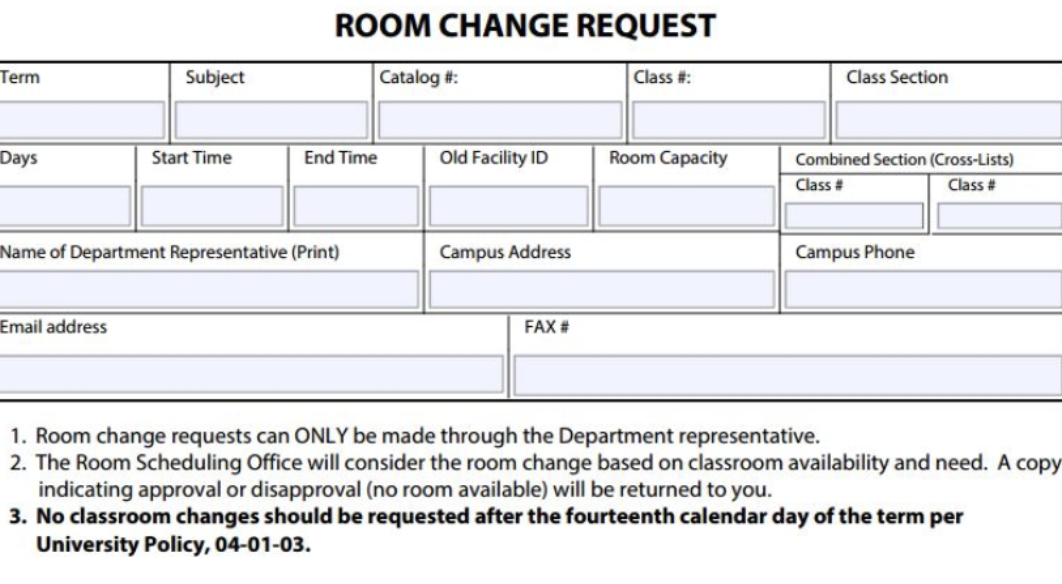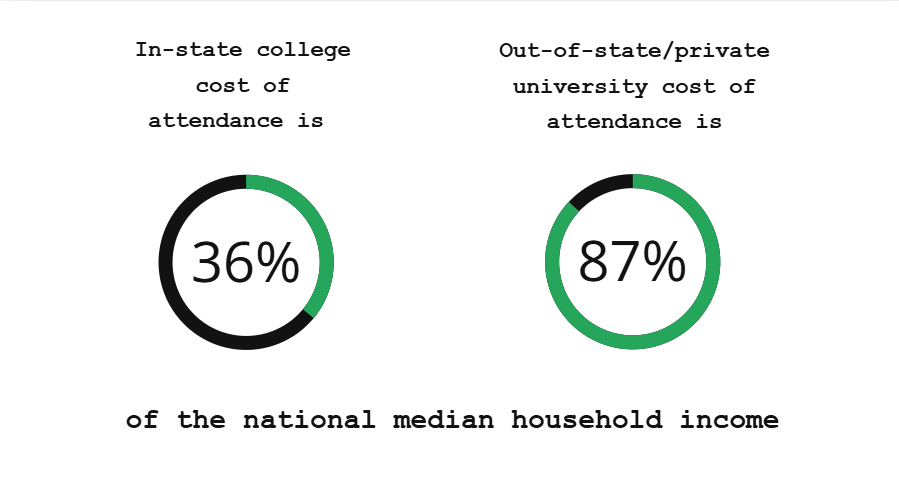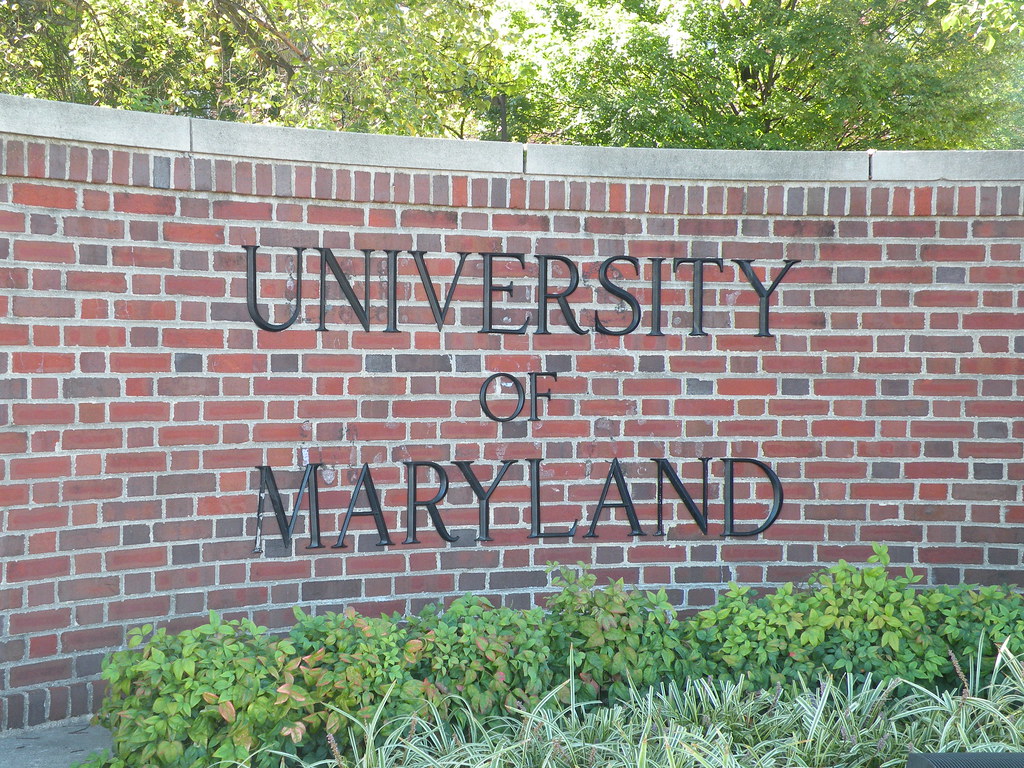Dartmouth College announced on Monday, Feb. 5, that it will require applicants to submit SAT or ACT scores starting next year, ending its four-year test-optional policy. Dartmouth claims the change will benefit qualified but less-advantaged students, and the shift could signal the beginning of a wave of colleges moving away from such policies.
Dartmouth’s admissions office published an article on its website revealing the change on Feb. 5, declaring that the decision would apply to the class of 2029 onwards. In it, the admissions office states that a study commissioned by Dartmouth President Sian Beilock informed its decision.
“Their illuminating study found that high school grades paired with standardized testing are the most reliable indicators for success in Dartmouth’s course of study,” the admissions office said.
Furthermore, the article claims that standardized test scores, when compared to the local averages and considered alongside the various other aspects of an application, can help them support talented but less advantaged students.
“Indeed, their study challenges the longstanding critique that standardized testing inhibits rather than broadens college access; they note that contextually strong testing clearly enhances the admission chances of high-achieving applicants from less-resourced backgrounds when such scores are disclosed,” the admissions office said.
The article also emphasizes how the test-optional policy caused some less advantaged students to withhold their scores, believing that they were too low, even though such scores would have been a positive addition to their application. The admissions office claims informing students about the benefits of submitting scores will be a priority moving forward, but some students have reservations about such assertions.
“In theory, if you have a stronger score than people in your neighborhood or people at your high school, then that’s supposed to help you, but the issue is that it’s really not apparent for many people what that [local median] score is,” former WJ student and current Dartmouth student Alexander Lewton said.
Additionally, school counselor Ashley Weddle voiced widely shared concerns about SAT as a whole inherently advantaging more affluent students.
“It really does benefit students who don’t need to worry about getting a job, or [who] have parents who have been through this process and have studied for the SAT themselves,” Weddle said.
She also indicated this announcement could signify the beginning of a shift back towards colleges requiring standardized testing scores in admissions.
“My feeling is we’re headed towards another wave, and I think more colleges will follow suit,” Weddle said.
However, some students aren’t so sure.
“I think some schools will follow suit, but it won’t be a universal, widespread shift, sort of like how the initial shift from test-mandatory to test-optional during COVID was,” Lewton said.
Correspondingly, Weddle had concerns about the impacts of such a shift.
“I was sort of expecting it but I thought they’d give it a year, just with the restructuring of the SAT and how we’re in kind of a weird transition year with the SAT,” Weddle said.





















